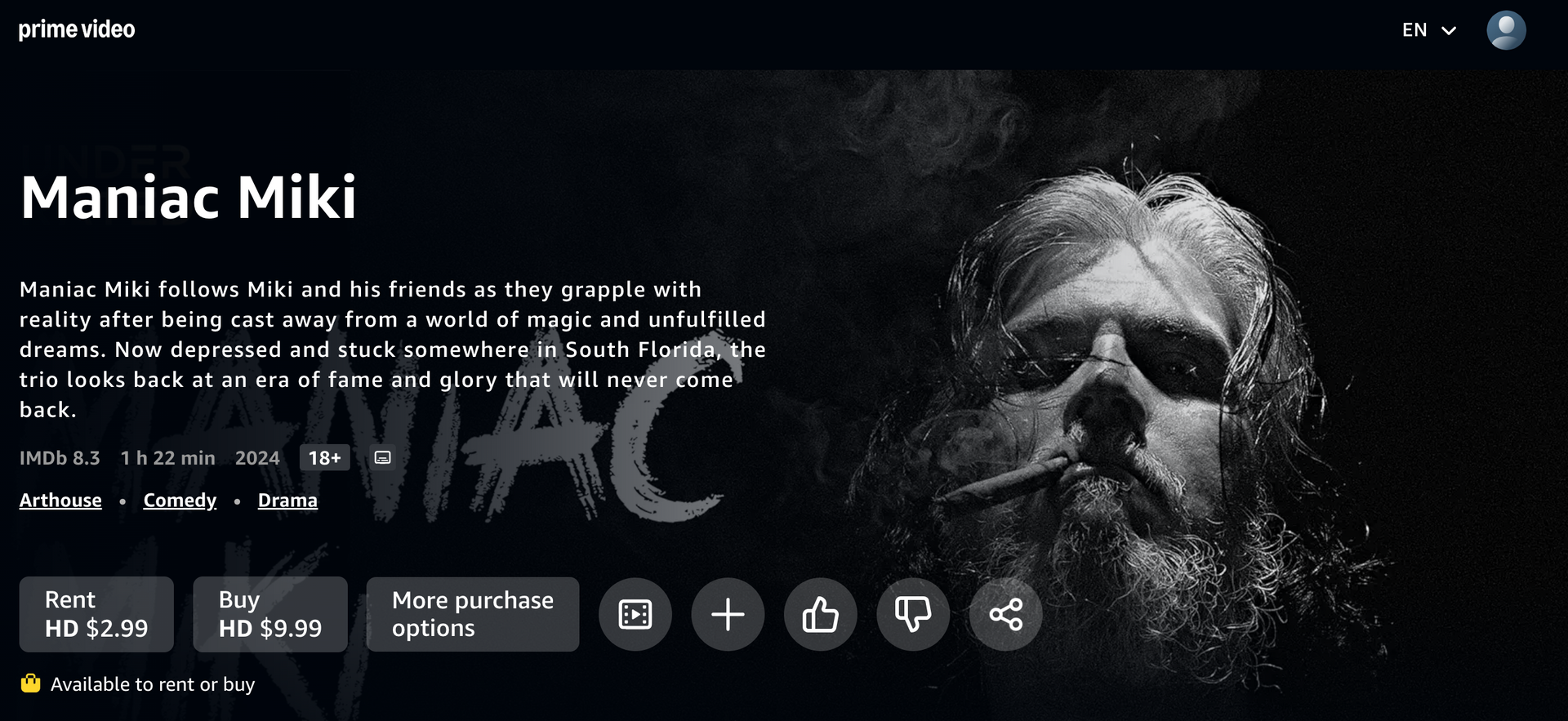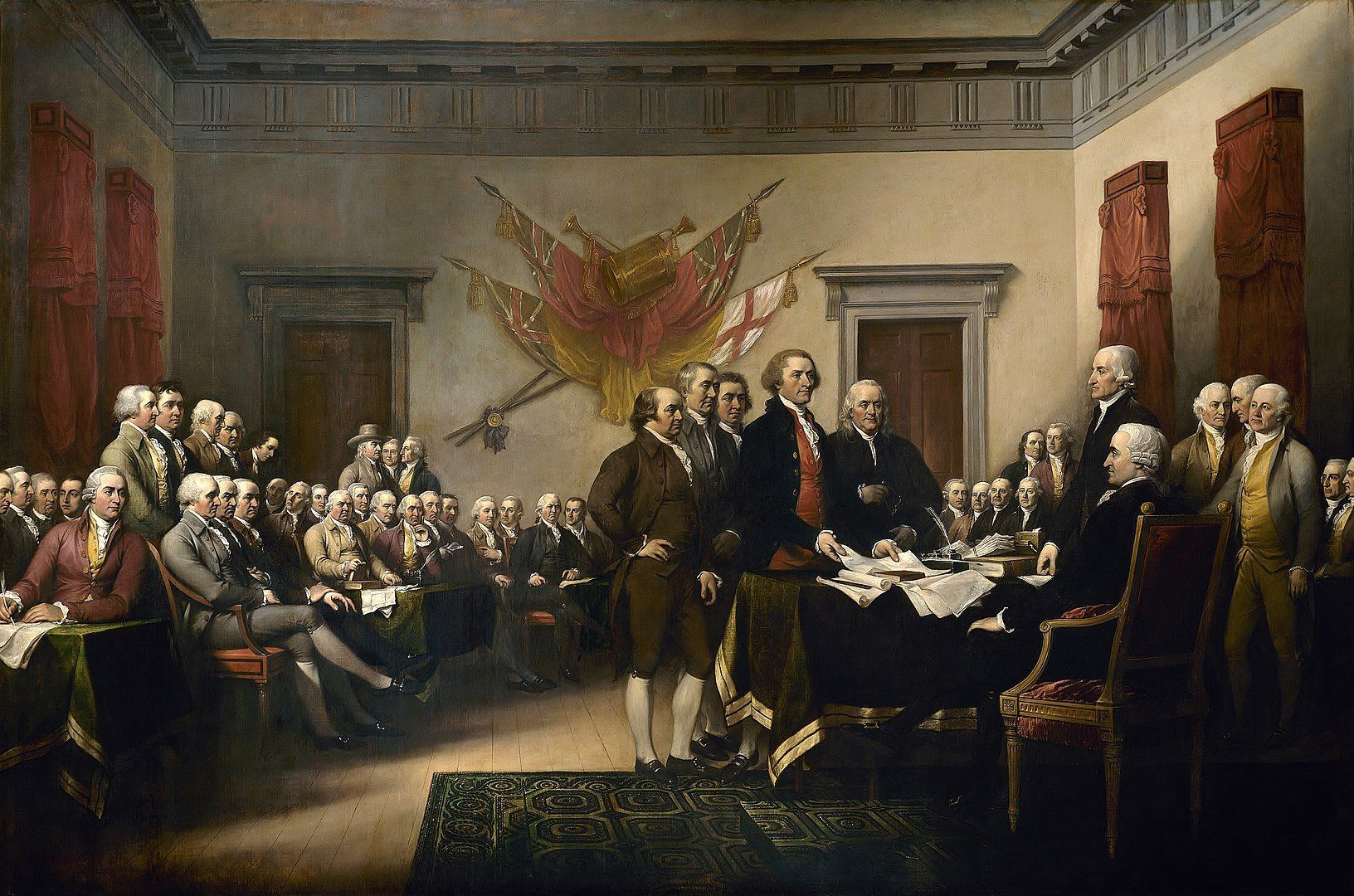Miami mayor tale stands out at 1st Stage New Works Festival
14 March Wednesday, March 11, 2009 Theater commentary: Miami mayor tale stands out at 1st Stage New Works Festival By Hap Erstein Fewer and fewer theaters these days devote themselves to producing new plays, as Florida Stage does, because they […]
14 March
Wednesday, March 11, 2009
Theater commentary: Miami mayor tale stands out at 1st Stage New Works Festival
By Hap Erstein
Fewer and fewer theaters these days devote themselves to producing new plays, as Florida Stage does, because they take nurturing and development, which is hard work.
But the Manalapan company has come up with a entertaining way to include its audience in the process with its 1st Stage New Works Festival. Now in its third year, the festival gave six new plays their initial public exposure and scrutiny over the course of two days — Monday and Tuesday of this week.
Beyond just allowing playwrights an opportunity to hear their plays read by some of South Florida’s best actors, Florida Stage has selected a couple of these scripts each year to produce fully in its following season. And from the quality of material at this year’s festival, it seems likely that such elevation to “next stage” status will continue.
I was able to attend the readings of four of the six scripts, and while none of them seemed fully formed or completely satisfying, most seemed very promising and within a draft or two of being ready for production.
Probably the most successful script was Miami resident Christopher Demos-Brown’s When the Sun Shone Brighter, though it was also one of the more conventional plays amid others that were interestingly experimental in form.
When the Sun Shone Brighter concerns a Cuban-American mayor of Miami-Dade County who is considering a run for the U.S. Senate, despite some skeletons in his closet, and trying to understand the politically motivated murder of his Cuban-exile father decades earlier.
Demos-Brown has a good ear for politico-speak as well as the ethnic rhythms of Miami. The play slips too far into the familiar ground of a police procedural drama, but the playwright’s overlapping dialogue helps elevate it beyond prosaic realism. In the festival, the presentation was also aided considerably by the crafty performance of Chaz Mena as Mayor Jose “Joe” Sanchez-Fors.
A familiar voice to Florida Stage audiences is playwright Carter W. Lewis, whose Golf with Alan Shepard, Women Who Steal and, just last season, Ordinary Nation, have been performed here. A writer of widely varying interest and styles, he was represented at 1st Stage by The Storytelling Ability of a Boy, a verbally nimble, triangular tale of two troubled teens and a young female teacher who tries to befriend them.
The play goes exactly where you think it is headed, towards a shooting incident, but it too avoids linear realism by weaving in and out of the literary efforts of Peck, the title boy, to the point where there is ambiguity as to what actually happens and what is inside Peck’s imagination. The compact, intermission-less play may be too focused on teenage angst to attract Florida Stage’s substantially older audience, but Carter captures the sullen expressions of the teens well and the script will surely be produced somewhere.
“Ambitious” is the word to describe 27-year-old Andrew Rosendorf’s three-act coming-of-age, family slice-of-life memory play, Levittown, or The Fall of the Lone Ranger. Rosendorf is the Emerging Playwright-in-Residence at Florida Stage through the National New Play Network and he is a writer to be reckoned with, even if his imaginative script overreaches and is overwritten.
It takes place in the 1950s in the waning days of the Golden Age of Radio, as the influence of television is about to arrive in the Edelman home in Westchester, N.Y. Fifteen-year-old Ronnie fancies himself a writer, as is his father, who works for a formerly popular radio comedy show. So while we observe the stresses of Ronnie’s bickering parents, his Hollywood-bound older sister and his Korean War-damaged brother, Ronnie envisions them all as characters in radio — sound effects included.
The play’s strength is in its dual levels of real life and radio life, and it becomes a lot less interesting when Rosendorf moves away from that idea in his naturalistic, sentimental third act. Nor does it help that Levittown has such strong echoes of Neil Simon’s Broadway Bound. Considerable more reworking is needed before the play is ready for production, but Rosendorf is a writer to keep an eye on.
Curiously, the effort of the most experienced playwright in the festival was the most disappointing. Veteran dramatist Israel Horowitz (The Indian Wants the Bronx, Park Your Car in Harvard Yard and some 68 other scripts), this year’s keynote speaker, was also represented by a new play, The P Word.
It is the story of a blue-collar New England family, the teenage daughter’s unexpected pregnancy and her mother’s parallel dilemma when her biological father comes back into her life, however briefly. The play was inspired by, but is only tangentially about, a “pregnancy pact” among 19 high school girls in Horovitz’s adopted town of Gloucester, Mass.
Centering the play on that pact, or at least a character who consciously wanted to become pregnant, would have taken the story beyond the ordinary. Instead, it is about the evils of unprotected sex and the mistakes of mothers and daughters, and feels too familiar.
Although Horovitz is much smarter than The P Word comes across at this point — and he conceded after the reading that he has much more revision ahead — at the moment it feels like a television after school special.
If only the Horovitz who delivered a very personable, clever keynote speech about how the son (and grandson) of a truck driver grew up to be befriended by Samuel Beckett and become the most produced American playwright in France had been more evident in The P Word, the play would have been a lot more compelling. But at almost 70 years old, with as many plays to his credit, he probably is not far from writing another play. The P Word is one to stick in a drawer somewhere.
Cruelly, Florida Stage scheduled a new comedy called Sirens by one of its genuine finds, Deborah Zoe Laufer (The Last Schwartz, End Days), at 10 a.m. Tuesday, too early for me to get to. I also missed former actor and author of garden books Jack Staub’s Running Out.
Still, for the assembled new play fans that Florida Stage has amassed over the years, 1st Stage is a treasured part of the local theatrical landscape.









